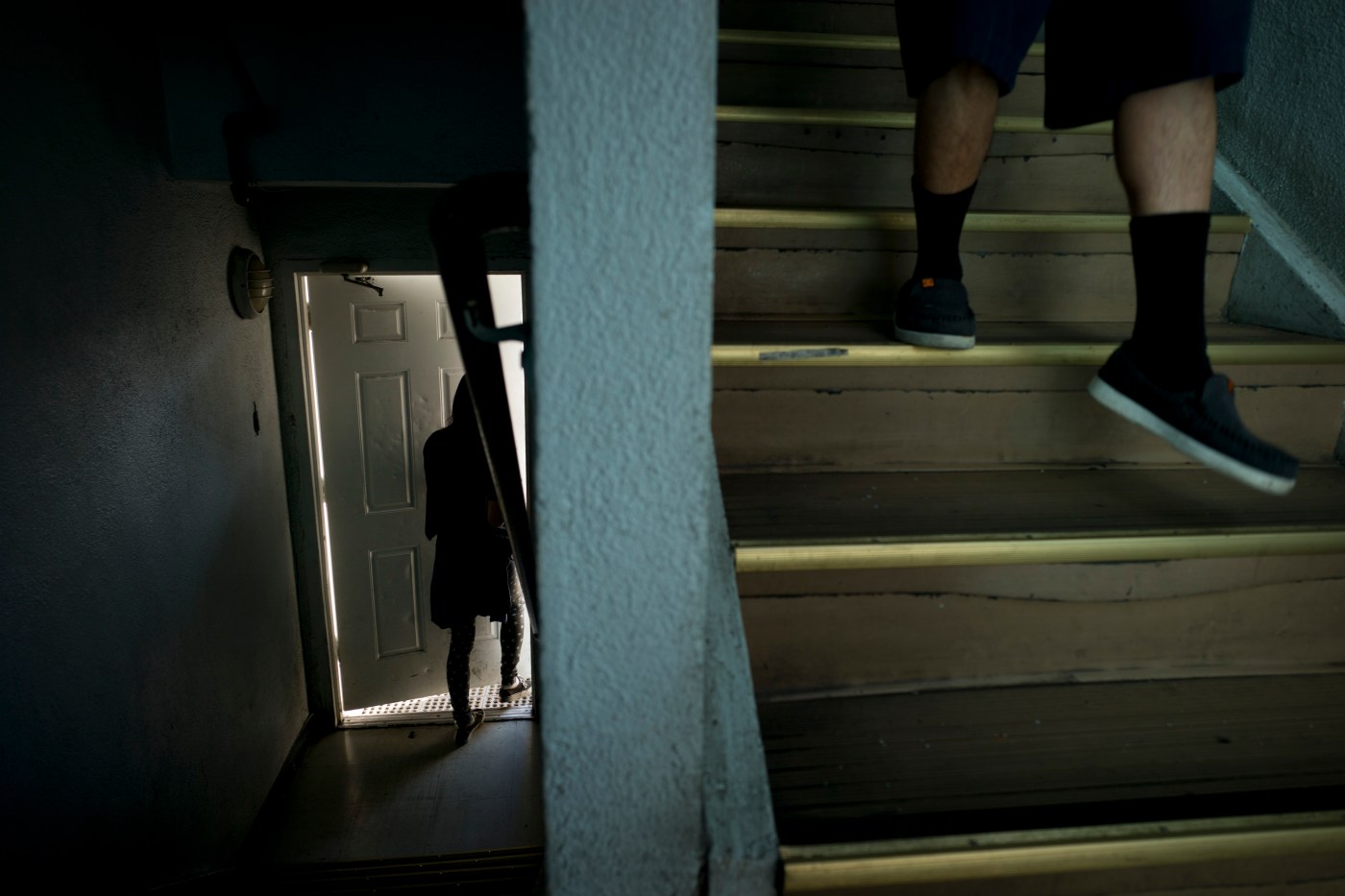
My life changed 20 years ago, when my friend and I were floating down the Rogue River in Oregon. Suddenly the motor fell off the boat, which tipped over. I slipped into the icy water. Some young children threw a life jacket over to me but I gave it to my friend.
As I sank into the river, my lungs began to fill up with water. My hands reached out to a branch on the side of the bank. As I looked up, I saw clouds moving in the sky and birds flying by. I heard a powerful voice say, “This is a little of my power and what I can do to you.” At that moment I knew it was my creator.
When an ambulance arrived, the emergency medical technician told me it was a miracle I survived the frigid water.
Related Articles
‘Where will we go?’: Uncertainty, distrust shroud clearing of homeless encampment at San Jose’s Columbus Park
Opinion: San Jose must ditch its high-density rules to get more housing built
Another Bay Area city bans homeless encampments
President Trump’s executive order on homelessness echoes Gov. Newsom’s a year before
Federal and state cuts have complicated how Alameda County will use Measure W funds to support safety net services
I had been an addict for over 30 years. I began my addiction at 17 years old, and until I was 47 years old, it was meth, marijuana, cocaine and alcohol. The last two years of my addiction, I suffered from homelessness.
But after surviving that fateful accident, I began my recovery. The first year was very difficult, fighting the impulse to go back to my addiction. When the year passed, my mind seemed to clear. I attended two years of college, studying mental health and addiction. The courses taught me how the brain works with addiction and the mental health challenges that perpetuate this disease.
I also worked as a DUI counselor for 10 years and worked for five years in mental health along with drug addiction. After I received certification, I joined UC Davis Hospital to help support the emergency department in training the medical staff on how to treat homeless people who come off the street or the families that bring them into the emergency department to find help with the disease.
There is a brief moment where we have the opportunity to help those individuals change. That person may come into the emergency department one time or 50 times. We always have that opportunity to help them change their lives forever.
Through training, a medical team member learns to treat the individual with care and respect, to connect with them without judgment and to build trust. Then a counselor can help the person find a treatment plan that best suits them.
In the past, recovery consisted of treating the addiction. We have since found that mental health needs must be addressed for the recovery process to take place.
There is a pain that drives the addiction in each individual. The discovery of that black hole, and working on healing from that emotional pain, is the key to recovery.
My goal is to help recovering addicts like me get clean. I want to be an example, to inspire people to begin their journey to recovery.
I used drugs on-and-off for over 30 years. Those 30 years snuck up on me and passed so quickly. I lost all that time.
I want to help the suffering person to not have their toes sticking out of their shoes, being hungry every day — not only for food but for family and shelter. I want to help those suffering to not have to sleep on the street or on a stranger’s couch, with hope that someday things will change. I want to help those suffering to overcome feelings of shame, sadness, and hopelessness. I want to help them to not feel that deep hole of loneliness.
Each person can have their awakening. It may be spiritual, physical, or emotional. There is recovery, and it is a hard road to begin, yet it’s so worth the journey.
Tommie Trevino is a drug and alcohol abuse counselor at UC Davis Medical Center. He wrote this column for CalMatters.